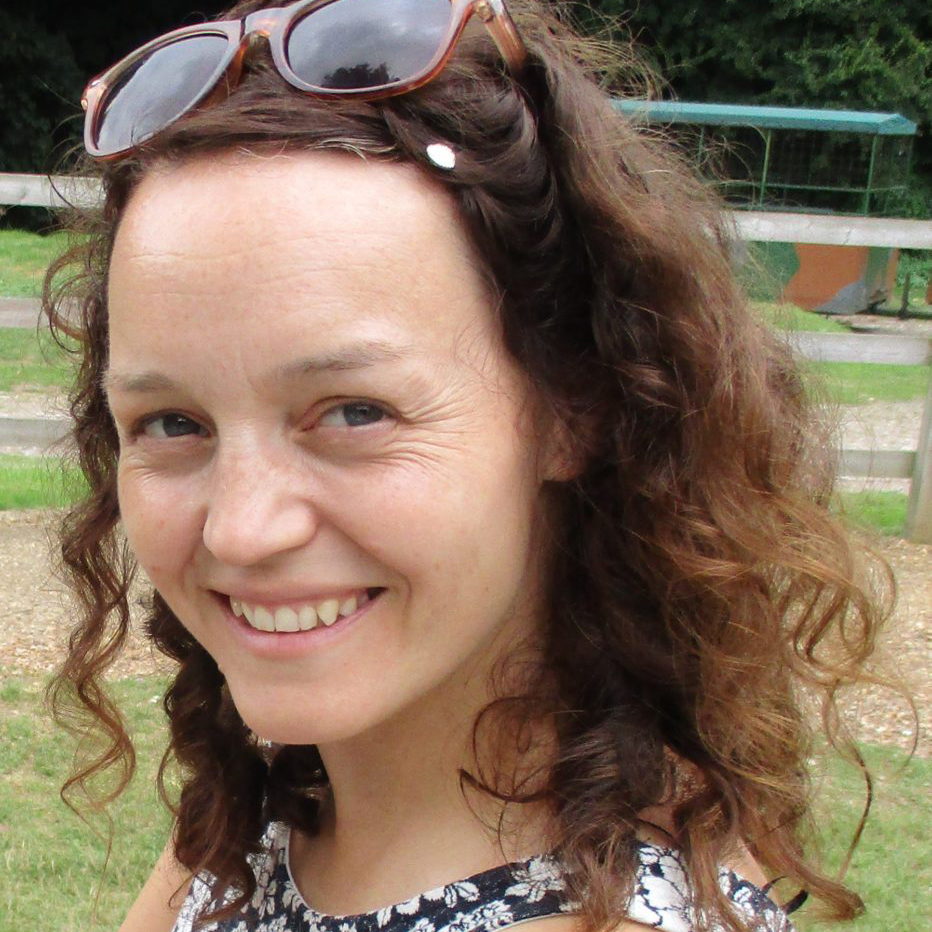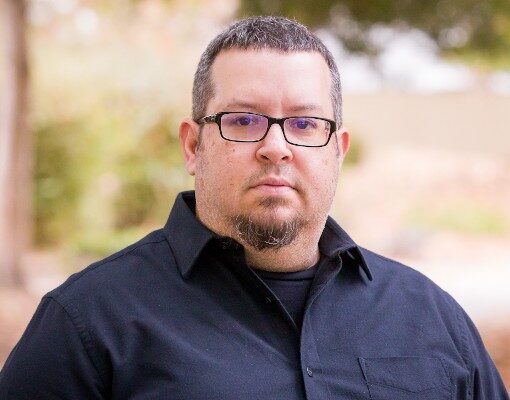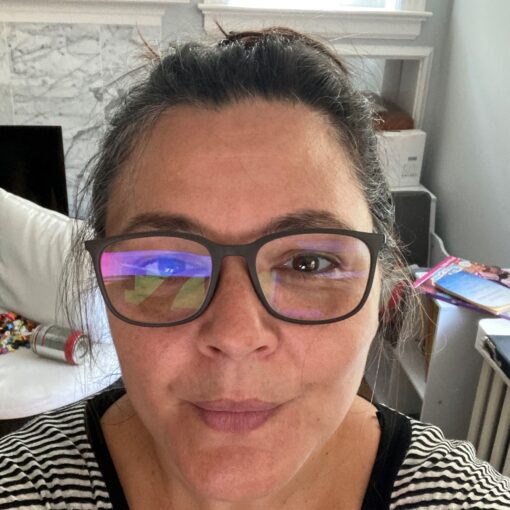PhD in in vitro Toxicology, Liverpool John Moores University
| Global Editorial Talent Manager | |
|---|---|
| Springer Nature | |
Job highlight: Helping recruit our talented editors who aid in disseminating important scientific discoveries.
Postgraduate take-away: Reading has always been a passion of mine. What I really liked doing as a postdoc was reading about exciting discoveries; as an editor this is a large part of the role. It is important to think about what you enjoy about your current role and seek a career that will allow you to explore this further.
What’s your background?
During my undergraduate degree I was fascinated by the intricate workings of gene regulation. I decided to undertake a PhD at Liverpool John Moores University where I looked at using gene regulation as a readout for measuring toxicity. I continued with this theme in my first postdoc but used the skin as a model system. My final postdoc at The UCSF Cancer Center focused on understanding skin cancer in humans.
Why did you move away from academia?
I didn’t really plan to move away from academia. I was trying to apply for my own funding in the UK and write papers. I had a six-month window to fill so applied for a locum position at Nature Protocols. Whilst I didn’t get my own funding, I had already decided that the editorial role was something that I really enjoyed. I could work really hard every day and see the fruits of my labour. I was reading and learning about new methods, expanding my scientific knowledge, and I was also helping researchers to disseminate their protocols; further advancing discovery. There are always many editorial opportunities at Springer Nature; when a permanent position became available at Nature Communications, I jumped at the chance to join the editorial team of a new journal. At the moment, I am on a secondment from Nature Communications; I am working with our Human Resources department on strategies to recruit and train our editorial and publishing staff. I also focus on the career development of our employees.
What is the work like?
As an editor at Nature Communications looking after primary research papers, my job was to read papers and decide whether I thought they met the editorial threshold of the journal. I’d use my knowledge of the field and the journal to reach my editorial decision. For suitable papers, I’d organise the peer review process, interpret the reviewer’s comments and communicate with the authors. Editors also commission review articles, both at our research journals and our dedicated reviews journals. Editors travel to conferences to keep up to date with the latest advances in their field and visit institutes to meet with potential authors,encouraging them to submit their work to us, or commissioning content. Our editors find that this is a really rewarding way to use their knowledge, stay close to science and further expand their network within their community.
What’s the best part of your work?
Aside from having access to the most exciting discoveries in my research field, the best part of my work has been helping other people. I have always really enjoyed assisting authors in publishing their work, helping them to make the most of their papers. In my current job, it’s great to try and match candidates to their perfect role and I’m always happy to provide advice to students and researchers on editorial and publishing careers.
How did you prepare for the work at Springer Nature?
People ask me how they can prepare for an editorial career at our journals. I always suggest that researchers get involved in the submission and peer review of their own papers. Help write the cover letter, use the submission system and read the letters you receive from the journal, whether the outcome is positive or not. If your supervisor peer reviews papers for a journal, ask if you can get involved (they would need to ask permission from the editor). Being really familiar with the peer review process can help understand what it is that we do as editors. This is with the caveat that our job as an editor is different to that of a reviewer.
Do you have any advice for current graduate students and postdocs?
Essential for an editorial career is your passion for your field of expertise. Great communication skills, time management and organization are also a must to become successful. As an editor, you will also be building a network with authors, reviewers and experts in your field. When applying for a job, it’s great if you can use your existing network or start to create a new one. Reach out to the Chief Editor of the journal to ask any questions you might have about the role and make sure you are familiar with the journal’s content and publishing model before applying.
![]() Company Information
Company Information
Springer Nature is a large and diverse company. There are many opportunities to expand your knowledge and to learn new skills. We can offer flexible working arrangements for fully trained editors and we have opportunities across the globe. Visit our editorial and publishing careers website for more information on our editorial and publishing roles: www.springernature.com/editorial-and-publishing-jobs. Information on all of our roles can be found here: group.springernature.com/it/group/careers.
About Springer Nature
We are a global publisher dedicated to providing the best possible service to the whole research community. We help authors to share their discoveries; enable researchers to find, access and understand the work of others and support librarians and institutions with innovations in technology and data.
We use our position and our influence to champion the issues that matter to the research community – standing up for science, taking a leading role in open research and being powerful advocates for the highest quality and ethical standards in research.





